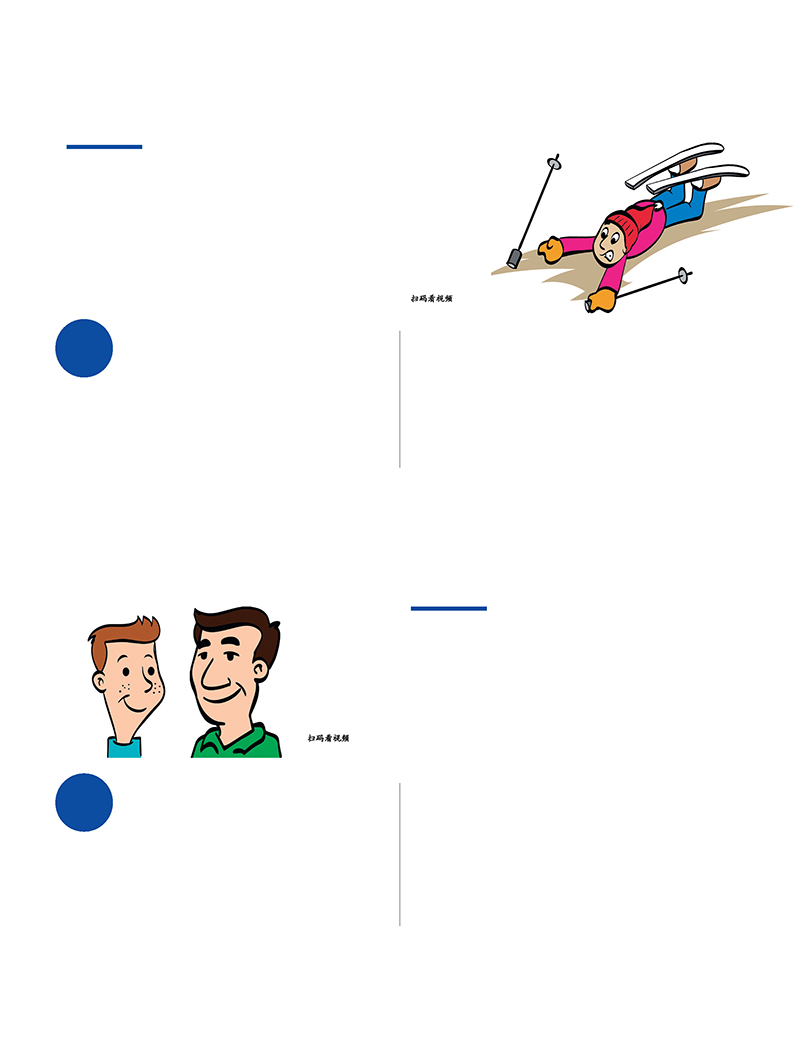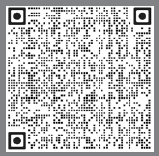
He thought he could learn to ski in an
hour, but he could barely get down the
bunny slope; he bit off more than he
could chew.
I can hardly tell the difference between
Tom and his father; he’s a real chip off
the old block.
这个成语指某人在行为、外貌、爱好和性格
方面与他的父亲(或母亲)很像。 这个短语
源自古希腊,block 指大块的木材或石头,如
果从中切取一小部分称为 chip,这一小块和大
的看上去也很像。同理,若把孩子比喻成小部
分,家长比喻成大块部分,孩子在行为和相貌
方面和家长很像。
Bite off 意为 “咬下”; chew 为 “嚼” 的意思,习
语的字面意思为“咬下的比所能嚼的还多 。”
这个习语可以追溯到十九世纪美国,当人们咀
嚼烟草时,有时往嘴里放的超过他们的吞食范
围。有时也说孩子满嘴塞满食物不能下咽。
现在指接受的任务超过自身的能力。
他以为一个小时能学会滑雪,可是他几乎不能
从初级滑雪道上滑下来,他有点贪多嚼不烂。
我很难说出汤姆和他爸爸的不同, 他们长得
太像了。
This idiom, which means to take on more
than you can chew, comes from the 1800s,
when tobacco chewing was common in
America and chewers would bite off more tobacco
than they could chew. Another theory is that it was
used to describe those who stuffed their mouths
with more food than they could swallow.
The idea behind this idiom is that a
child looks or acts a lot like his father or
mother. It is said to have been first used by
the Greek poet Theocritus in 270 b.
c., to describe
a piece of wood or stone that resembled the piece
from which it was cut.
Teacher
Josh
Teacher
Josh
Scan for video
Scan for video
5
Chip off the old block
相貌品性酷似父亲(或母亲)的人
Bite off more than you can chew
贪多嚼不烂

